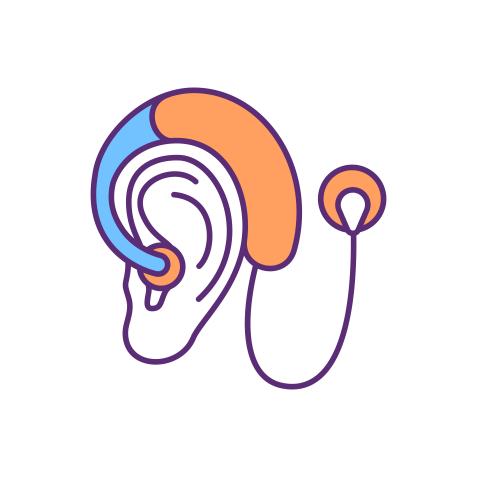
Getty Images/Peter Cade
Are Some People Just Natural-Born Athletes? Science Has an Answer
Genetics may not just be the only thing to help with athletic ability.
We all know that one person: they're good at every sport, they were muscle-bound since birth, maybe they ran a half-marathon on a whim with zero training. With people like that in the world, it's enough to make you throw up your hands and abandon your fitness goals. Why bother if some people are born with it and some people aren't? Well, science has good news: The body you were born with matters much less than what you do with it. We have a new identical twin study to prove it.

Getty Images
Head and Shoulders, Knees and Toes
To know whether people are natural-born athletes, you'd first have to define what that means. Athletic performance is one of the most complex human traits there is, seeing as it requires a precise interaction of your muscles, heart, lungs, nervous system, and brain. What's more, every sport requires different strengths. A powerlifter, a gymnast, and a runner are all what you'd consider athletic, but they have dramatically different bodies.
Still, scientists have found a number of genes that are associated with athleticism: As of 2009, there were more than 200 known genetic variants linked to fitness and physical performance. Some are obvious. Height is important for basketball players, for example, and that's about 80 percent genetic. Your body type — whether you're long and lanky or dense and muscled, for instance — also has a strong genetic component. But other traits are hard to pin down.
Muscle size and strength, for one, depends on which muscle and what type of action you're talking about: Sprinting 100 meters and running a marathon use the same muscles, but in different ways. Your muscles are made up of two types of fibers, and how well your muscles work in a given sport depends on your particular mix of fibers. Type I fibers are also known as slow-twitch, and while they're super efficient with tons of endurance, they're the smaller and weaker of the two fiber types. Type II fibers are also known as fast-twitch, and they get their large size and powerful strength at the price of less efficiency and endurance. Whether your particular ratio of type I to type II fibers is mostly set at birth or can be changed with training has been a matter of scientific debate.
Maybe He's Born With It (Maybe It's More Than Genes)
Okay, so genetics is complicated, and the genetics of fitness is even worse. How can you really tell how much of a person's athleticism is born and how much is trained? To answer complex nature/nurture questions like this, scientists often turn to identical twins. Identical twins have identical DNA but live separate lives, so they're a natural science experiment to see how much our environment impacts our traits.
Enter 52-year-old identical twins TT and UT. At least, that's what the authors of a new study in the European Journal of Applied Physiology called them to protect their anonymity. The initials stood for "trained twin" and "untrained twin," since the two had maintained vastly different levels of fitness since high school. TT was a high-school track coach who competed regularly in marathons and triathlons. UT was a truck driver who didn't exercise.
The researchers performed a battery of tests on the men to determine just how different their bodies were despite their identical DNA. The differences were striking: TT weighed 22 pounds (10 kilograms) less and had an 8.6 percent lower body-fat percentage than UT. TT also had greater VO2max, a measure of aerobic endurance, and lower blood pressure, cholesterol, and blood sugar. But the twins' muscle fiber ratios were the most striking: While UT had a 40-60 split of slow-twitch to fast-twitch fibers in his thigh muscles, TT's thighs muscles were made up of 94 percent slow-twitch fibers — a clear sign that his decades of endurance training had changed his body. This muscle fiber difference was much larger than any previous study had ever found.
Here's what this all means for the rest of us: Your habits matter. With the right habits, it's likely that everyone can live a healthy, fit life regardless of the genes they were born with. Your athletic ability isn't written in your genes; it's written in your daily routine — the hard part is starting that routine and sticking to it.
This article first appeared on Curiosity.com.


















